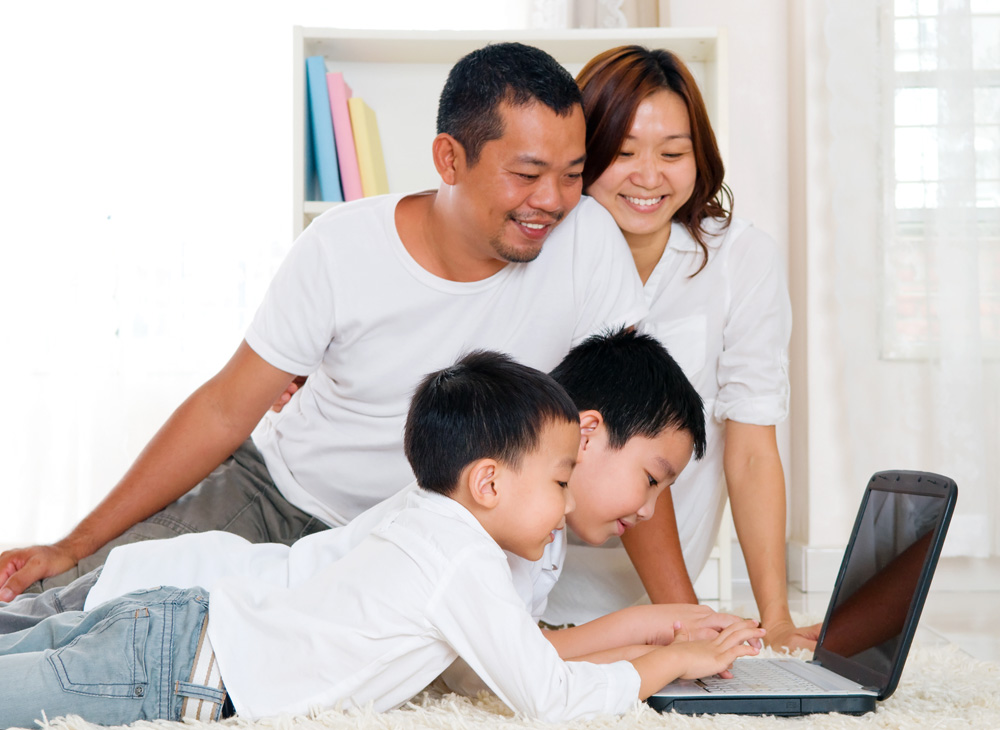Marriage is an established institution pervasive in every culture, not even barring Chinese one. Tracking down its history, I notice that Confucianism plays a crucial role in influencing marriage choices, which leads to a focus of the social unit “family”. One may also have heard the proverb jia-he-wan-shi-xing (家和万事兴). It reads: a harmonious family results in success in everything. This core value that derives from Confucianism is dominant in Chinese culture including marriage. Alluding to the word “marriage”, I would like to explicate singly into heterosexual and homosexual cases, along with a brief background of heteronormative marriage in Chinese culture at the beginning.
Historically, marriage is based on heteronormativity; that is, the basic institution of man and woman. The representation of Confucianism, in the philosophy Yin-Yang (阴阳), validates this conceptualization. Yin (阴)represents woman/femininity; Yang (阳)man/masculinity. In today’s Chinese society, when a man or a woman comes of age, marriage symbolizes success in one’s life. The proverb cheng-jia-li-ye (成家立业), which means “ marry and have a secure career”, substantiates this value. What is interesting, there are some crucial elements to actually manipulate such a marriage. It can also be said, children themselves have no one hundred percent freedom; some cultural values often intervene.
The Chinese family prioritizes harmony. The word “harmony” in this context designates “filial piety”. It is always the parents who are most influential in the partner-choosing process. Li (2013:71) noted, children’s marriage is part of the parents’ life as well. I further observed parents always prioritize well-to-do prospective spouses. It does not really come as a surprise. Li affirmed, first comes money and then love (72). This phenomenon is considered a normal case to every single socio-economic landscape. Capitalism has been transforming our universal social values to focus on wealth. With regards to marriage, the spouse-to-be would be considered as a materialistic object. Love then remains marginalized as such.
As for homosexual cases in marriage, there is not much difference between the social factors of “money” and “parental force”. The difference is the fact that in Chinese society, regardless of sexuality, children are expected to marry and have heteronormative marriages. In this case, parental force is significantly authoritative. As known, a substantial number of gay couples seek co-operative marriages and many decide to leave their hometown and their family to live on their own home with their same-sex partner(s). It is, nevertheless, not all pessimistic. Some parents, albeit still minority of the Chinese families, celebrate sexual diversity of gay children as seen in the documentary film “Mama Rainbow” (dir. Fan Popo, 2012).
All in all, mechanism of marriage and family in mainland China is too deep into the Sino-philosophical principle “Confucianism”, for preference philosophy Yin-Yang. This core value is driven by capitalism, leading the culture into the materialistic juncture, while both “Confucianism” and “capitalism” are promoted by the government, the Chinese Communist Party. As Jackoben (2002) noted, “family values may be emphasized by states as a response to the perceived determining of family structure by capitalism”.
I may end this issue here and next issue will be of more clarification of the ways in which the CCP have been manipulating the said factors. Happy reading!!! 🙂
List of References
Jacobean, Janet (2002) “Can Homosexuals End Western Civilization as We Know? Queer Globalization: Citizenship and the Afterlife of Colonialism. Arnaldo Cruz-Malate and Martin F.Manalansan IV.eds. 49-70 New York and London:New York University Press.
Li, Yinhe (2013) “Money or Love Comes First?” Li Yinhe: My Social Investigation. Beijing: Zhonghuagongshang Press, 71-72.
Image courtesy of Shutterstock
Have an amazing experience or tips you like to share on SimplySxy? Drop us an email at editorial@SimplySxy.com!































